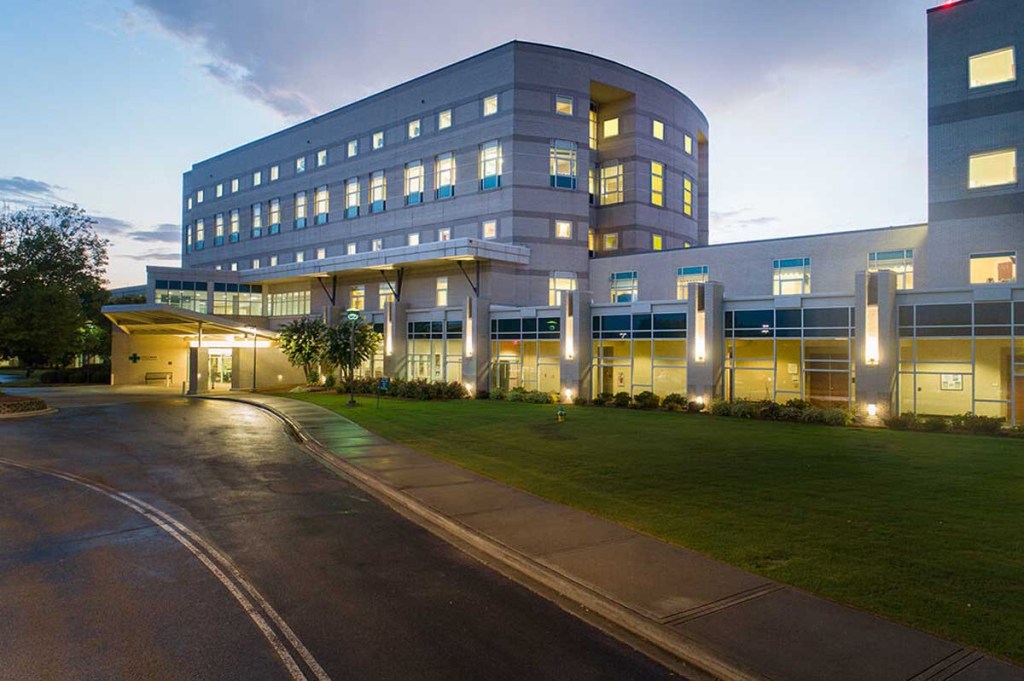Hospital continues in ‘crisis mode,’ says the community can stop the surge
Published 9:50 am Thursday, December 3, 2020

- Cullman Regional
While a vaccine for COVID-19 seems likely this year, Cullman Regional Medical Center (CRMC) continues operating in “crisis mode” as hospitalizations from the disease fill the intensive care unit.
According to CRMC Vice President of Marketing and Communications, the hospital has about 50 patients being treated for COVID-19.
“Our critical care unit has been hitting capacity several times over the past couple of weeks,” she said. “That being said, we have been putting these additional Critical Care patients on different nursing units in our facility and staffing those rooms with Critical Care Certified nurses. The patients continue to receive the same level of care from our team, but are just physically located in a different unit of the hospital.”
She said the hospital administration works with other hospitals to coordinate care and resources. “All hospitals and health systems across the United States have surge capacity plans that are practiced routinely each year,” said Dossey. In preparation for the pandemic, the hospital began stockpiling personal protective equipment, ordered new testing equipment, contracted with additional clinical staff in the event of a surge and put agreements in place with other healthcare facilities for staffing and equipment in the event of a crisis.
She said, though, whether or not there is an increase in hospitalizations is up to the community. “The reality is that we’ve been in crisis mode since March,” said Dossey. “Our current surge in cases is due to significant community spread of COVID-19. Today, we have 25-30 percent vacancy in the hospital, but what happens over the next month or two is completely up to the community members we serve.”
Dossey said continuing the follow the guidance of hand washing, social distancing, wearing masks in public places, limit the number of people in gatherings and staying home when sick will turn the tide.
“We need everyone’s help to prevent the spread. We understand that the solutions are inconvenient and require us to do things in life differently than they have been done before, but that’s what we need everyone to do,” she said.
Approval for one or more vaccines for the virus is expected to come later this month. According to the Alabama Department of Public Health (ADPH), the first to get the vaccine will be the elderly, front line health care workers and first responders. Dossey said the hospital will be following the state and federal guidelines on vaccine distribution and is preparing for that next step.
“We have purchased and ordered all necessary equipment needed to store the vaccines when they are made available to us,” she said.





